| Number one son...number two son...number one daughter... | |
|---|---|
| May 8, 2008 11:05 | |
 | In the old "Charlie Chan" detective movies I watched as a boy, Charlie Chan always referred to his children as Number one son, Number two son, Number one daughter... "My Number One son will get the papers..." "My Number One daughter will get us coffee..." Or something like that. Did Earl Derr Biggers (author) and the movie scriptwriters of "Charlie Chan" extract this interesting way of identifying children out of something in Chinese culture? Or is that just something that Hollywood dreamed up? Here is a Wiki reference to Charlie Chan: "Charlie Chan is a fictional Chinese-American detective created by Earl Derr Biggers, reportedly in part under inspiration from the career of Honolulu policeman Chang Apana. Chan is the hero of a number of books and dozens of movies. At first a sergeant (but later promoted) in the Honolulu Police Department, he and his wife have fourteen children (the oldest of whom is colloquially known as "Number One Son") and live in a house on Punchbowl Hill." There is a website for these old movies: http://www.charliechan.net/ The stories were always quite clever and the "proverbs" endearing, although I doubt they came from Chinese philosophy. |
| May 8, 2008 12:31 | |
 | Yup....I'm a "Charlie Chan" fan from the past. Have often wondered how the Chinese people took this character as stereotyping the culture? |
| May 8, 2008 14:50 | |
 | I believe the character was a positive portrayal of Chinese character, although the accuracy is without doubt highly suspect. |
| May 8, 2008 21:10 | |
 | First born son/daughter, second born son/daughter, third and so on are called differently in Chinese if I can remember it right. Traditionally, there is a term for a first born son and a different term for a first born daughter and so on. Even in my country where there is a lot of Chinese influence, some families still practice this. Incidentally, this practice is not limited to the Chinese alone. In Arabic, Omar means first born son. Ichiro is first born son in Japanese. Winona (or Wynona in English) means first born daughter among the Native American Dakota. Jiro is second son in Japanese. Octavius/Octavia means 8th son/daughter in Roman. |
| May 9, 2008 09:33 | |
 | This is a long tradition of the Chinese culture and even cousins are numbered off according to their age and relation to the eldest living member of the family. Some children especially daughters never got a 'name' as we know it, they were only numbered off. I'm sure one of our more informed members can give us some more insight into this. It is also common for children to have very similar names. The famous Soong sisters are a good examples with Ai Ling, Qing Ling and Mei Ling with similar similarities for boys. |
| May 27, 2008 18:14 | |
 | Traditional Chinese culture did not place as strong an emphasis on the individuality of children as in the West. In some communities children were not formally named until later in life. Until then they were just called nicknames like "little doggie" or "little flower". Even then many would change their first names later on. Some change their names to suit their occupations. My wife changed her name because as a director in the Xinjiang province agriculture ministry she felt her name was too cutsey. A nephew changed his name to one that sounds more lucky when he went to work in his mother's clothing shops in Shiherzi. The Wall Street Journal Newspaper published an article on this subject a few years ago. |
| May 27, 2008 22:39 | |
 | Yup, Griz, Chinese people do address their Children in the way you mentioned above. Especially, the old generation of Chinese who usually has multiple children. They would say my No.One Son( 我(wǒ)的(de)大(dà)儿(ér)子(zǐ) No.2 Son 二(èr)儿(ér)子(zǐ) No. 3 Son 三(sān)儿(ér)子(zǐ) Also, the oldest son has a very important status in the family.A Chinese saying goes, "长(zhǎng)兄(xiōng)为(wéi)父(fù)", which means the oldest brother is like the father.The oldest son is the second most authoritative figure to other children in a family. In the royal families, the No.One Son is the only legitimate heir to the throne. |
| May 29, 2008 04:07 | |
 | Confucianism advocates filial piety and repect for the elder. A rigid hierarchy existed in Chinese families. The oldest child in a family is treated as a parent by other siblings in the family. |
| May 29, 2008 11:21 | |
 | Thank you for the interesting responses. My father became the leader of his brothers and sisters and the family when his father became ill. Aside from the fact that my father's personality would have made him take this role without tradition, it really was expected of him as the eldest son. And when my Grandfather and father were alive, if my Grandfather said "This store cheated me, we will never shop there again!" my father executed that order among his siblings. That sort of hierarchy and filial piety no longer exists...or is at least rare...in the USA today. How has the one child rule changed that traditional structure and filial piety in China? |
| May 29, 2008 20:16 | |
 | How has the one child rule changed that traditional structure and filial piety in China? A new term " The Little Emperors" refers to "spoiled children by doting parents".The traditional structure and filial piety have somewhat declined because of " one child policy" and China's import of western individualist culture. |
Page 1 of 2 < Previous Next > Page:
Post a Reply to: Number one son...number two son...number one daughter...




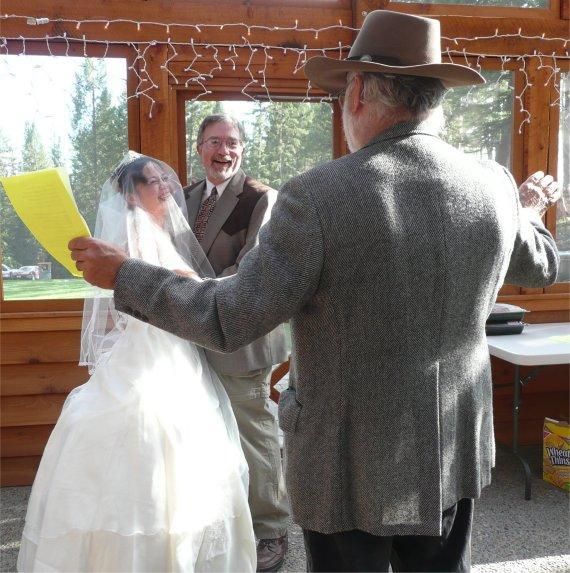
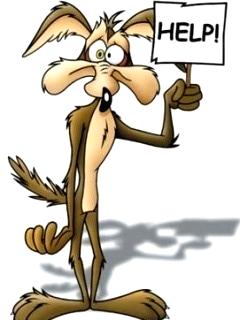
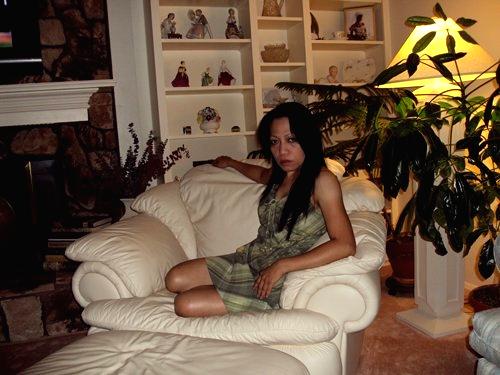
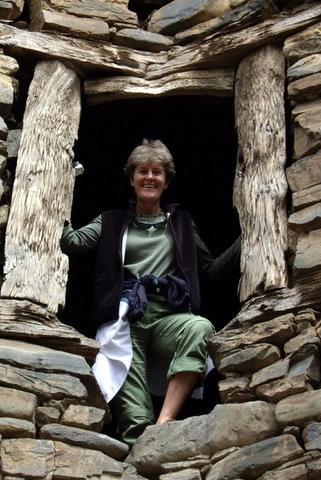

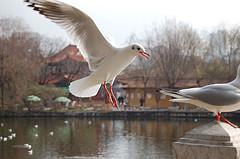
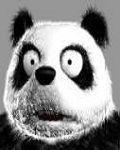
 Copyright © 1998-2026 All rights reserved.
Copyright © 1998-2026 All rights reserved.